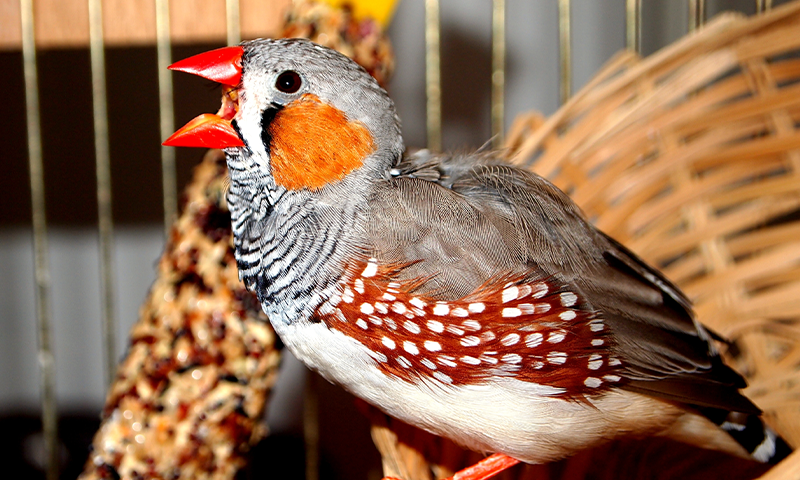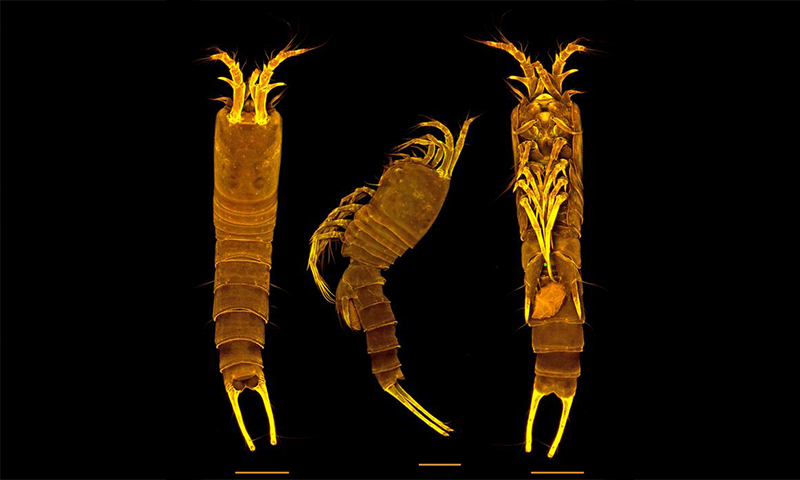Now Reading: Decoding Motivation Through Birdsong
-
01
Decoding Motivation Through Birdsong
Decoding Motivation Through Birdsong

Quick Summary
- Young male zebra finches begin vocal practice soon after hatching, babbling and eventually perfecting their mating song.
- Duke University scientists studied self-directed learning in birds to understand how dopamine influences learning processes.
- using optogenetics, researchers monitored dopamine levels during singing in five baby zebra finches.
- Dopamine levels increased with better song performance relative to age and dropped with poorer performance. Blocking dopamine release led to diminished song quality relative to age.
- The study indicates that intrinsic reward systems, driven by elevated dopamine, play a role in spontaneous behaviors like birdsong.
- Insights from the study could aid understanding of human conditions like Parkinson’s disease and obsessive-compulsive disorder that stem from faulty intrinsic reward systems.
Indian Opinion Analysis
The research on self-directed learning in zebra finches highlights the worldwide role of intrinsic motivation across species. For India, where educational practices still heavily depend on external rewards (grades and exams), such studies invite a rethink about fostering self-driven curiosity among students. Developing environments where learners feel intrinsically rewarded by mastering skills could lead to shifts in long-term cognitive growth.
Moreover, the link between dopamine release and behavioral mastery may have implications for India’s growing focus on mental health care policies.It suggests avenues for treatment strategies around neurological conditions such as Parkinson’s disease or obsessive-compulsive disorders-both areas of increasing relevance given rising incidences linked to lifestyle changes. Embracing global scientific findings can bolster India’s interdisciplinary efforts across neuroscience research, education reforms, and public health frameworks.




























